2008 was a busy year in technology – from new products appearing on the scene to old ones winning out over the competition (or not) to company rearrangement to (possibly) the end of the world. Here are ten of the most significant technology stories that hit the news in 2008.
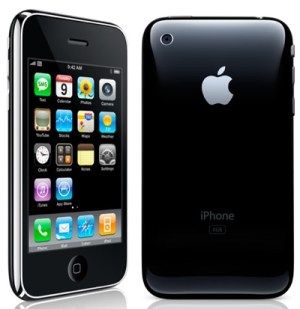
iPhone 3G, App Store.
While the first-generation iPhone grabbed a greater-than-expected market share, it was the 3G version that truly catapulted the iPhone brand into prominence. A $199 price point made the device a palatable option for those accustomed to a free, subsidized LG or Samsung. The brand new app store created a revolutionary business model for developers, albeit a tightly-monitored one. A new era has arrived in the tech world: the iPhone has surpassed the Moto Razr in worldwide sales, challenging other manufacturers to respond with premium devices at affordable price points.
The iCompetition: The HTC Touch Pro, the Sony XPERIA X1, and the Blackberry Bold.
And respond they did. This year’s crop of premium Windows Mobile devices, though innately hampered by their OS, trounced the iPhone’s feature set. The Bold, mixing classing Blackberry functionality in a sexy package, added its name to the list of potential rivals. It is unlikely that one of these devices will unseat the iPhone, but it’s a step in the right direction, and an indication that HTC and RIM will not sit idly by and let Apple raid their customer bases.
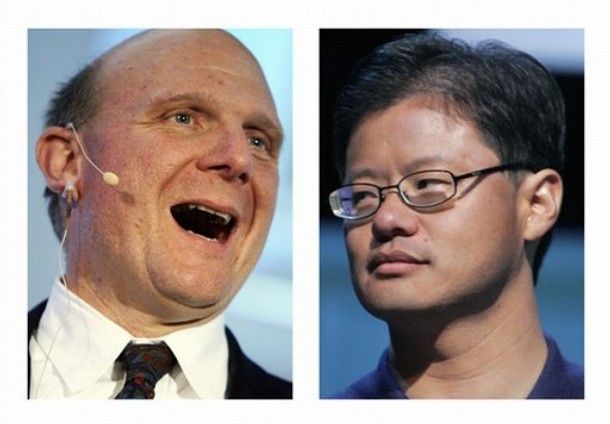
Microhoo/Yahoosoft.
On again, off again – this year’s most mercurial celebrity couple was Steve Ballmer and Jerry Yang. Yang declined a proposed takeover at $31/share, and again at $33, only to watch the stock plummet to single-digit lows. Only time will tell whether the as-yet-unannounced new Yahoo! CEO will try to resurrect merger talks, or whether the FTC would even allow any.
The T-Mobile G1.
Despite the inevitable shortfalls of a first-generation device (one bug reset the phone whenever the user typed “reboot”), the world’s first phone running Google’s open-source Android platform recorded solid sales and garnered a following in the gadget world. While the device operates more like a prototype than a finished product, it is only a matter of time before an inspired manufacturer taps into Android’s rich potential.
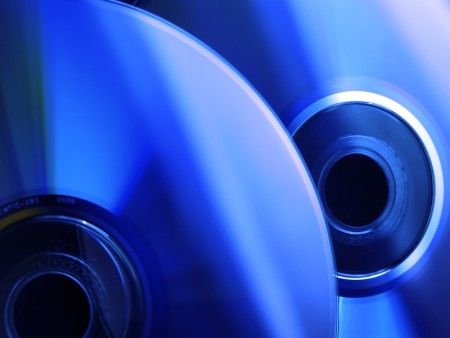
Blu-ray wins; nobody buys any Blu-rays.
February 19th saw Toshiba’s concession in the next-gen format war, essentially ending HD-DVD‘s bid to become the new standard. But despite the resulting coronation of Blu-ray, consumers failed to flock to the platform. Thus far, DVD has been just fine for most people, thank you – and with the proliferation of free, nearly-HD content from iTunes, Hulu, and Netflix, it may be a long time before demand meets expectations.
The Netbook Revolution.
Once seen as delicate toys, these mini-laptops enjoyed a serious boom in 2008. Increased migration from desktop to browser based apps created a niche for an ultraportable, underpowered, underpriced alternative to traditional laptop systems. Expect to see more and more such diminutive devices in 2009.
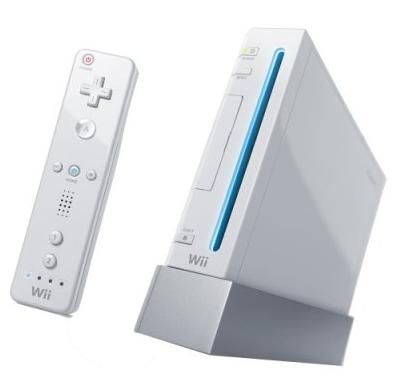
The Wii‘s Domination.
At the end of 2007, Nintendo’s quirky console seemed like a short-lived fad. Surely gamers would turn back to high definition and lifelike blood splatter, right? Instead, a rapidly-expanding pool of soccer moms and grandparents become Wii devotees overnight. Nintendo has not only grabbed a huge piece of the pie, but made it bigger as well. The question in 2009 is whether they can actually sell software for their little white cash cow.
Bill Gates Retires.
While the head geek himself will certainly still figure in Microsoft’s business operations, his retirement was confirmation of the passing of the old guard in the tech industry. Fortunately, his newfound free time will not be wasted away on the golf course: In addition to running his billion dollar charity, Gates has quietly founded a mysterious “think tank” named bgC3. Watch this space.
Obama’s CTO.
A sign of the times: After securing a historic election victory with the help of a online fundraising arsenal, the president-elect is set to appoint the nation’s first-ever Chief Technology Officer. The brand-new “Tech Czar” will oversee issues from net neutrality to nationwide broadband, helping ensure that the U.S. remains at the forefront of innovation for years to come.
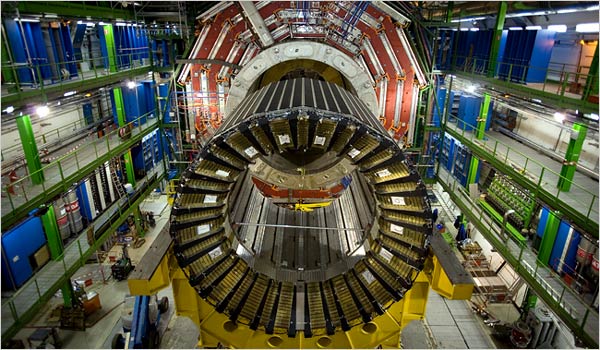
Large Hadron Collider.
While critics lambasted the particle accelerator’s approximately $10 billion price tag and potential to collapse our solar system like a bag of chips in a campfire, the project was widely considered a success by scientists – that is, until it broke. Now we’ll have to wait until summer 2009 to collide microscopic proton beams at 99.999999% the speed of light.
